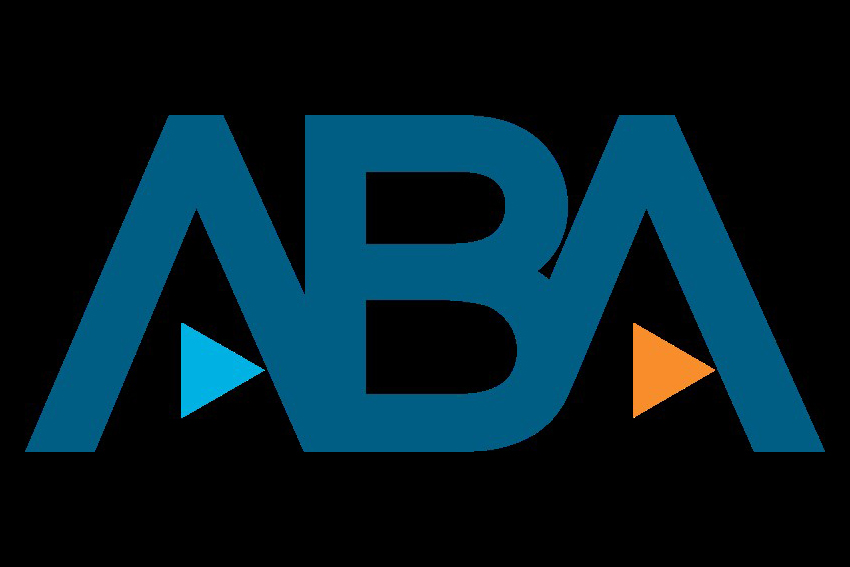As the year ends, is your legal talent development strategy ready for 2025?
Eric Wangler – President, Global Legal Market, BigHand
As the end of the year approaches, many U.S. law firms are reflecting on their successes and struggles. This period also marks the conclusion of the fiscal year for numerous firms, providing a perfect moment to evaluate tactics for 2025, especially regarding talent management and knowledge retention to address the ongoing challenge of attrition.
The departure of senior legal professionals, whether through retirement or moving to new opportunities, can pose significant risks to the firm’s continuity in service quality. With recent market research indicating that 20-40% of equity partners may leave their firms within the next five years, the loss of institutional knowledge is a pressing concern. Firms risk losing critical institutional knowledge without a succession plan in place, weakening their ability to meet clients’ needs effectively.
This is often a double-edged sword, where they don’t have the right skills developed among their junior lawyers, and they have not properly set up their clients for a change in their relationship management. The research underscores that only 29% of firms have established criteria for assessing the readiness of junior lawyers for advancement, which means the legal pipeline lacks structured development paths for future leadership.
These gaps in succession planning and attorney development can hinder the firm’s ability to provide high quality legal services having a knock-on effect on client relationships. Clients invest time in educating lawyers about how they conduct their business. When a law firm can’t retain the lawyers who are well informed on those matters, it creates disruption for the client. By actively investing in career development, law firms can create a smoother transition, ensuring that as seasoned professionals retire or leave, they have successors ready to carry on client relationships and uphold the firm’s standards.
Equally important is documenting and distributing knowledge across the firm, particularly as firms shift toward hybrid work models. Long gone are the days of partners walking out of their office and picking their favorite resource based on personal preferences. Cost-effective and equitable matter resourcing does not have to be a manual and tedious process.

In fact, utilizing resource management tools can help mitigate knowledge loss, so junior lawyers not only gain the expertise of their seniors but also develop a sense of loyalty and commitment to the firm. By actionable data and insights to forecast necessary skills and identify potential gaps, firms can develop effective training and succession plans, integrate strong DEI policies, and minimize the disruption caused by staff turnover, positioning themselves for a profitable future.
As the year draws to a close, law firms need to prioritize building resilient resource management strategies that focus on the junior talent they already have. Sharing knowledge and expertise across the firm should be part of any operational strategy. Investing in legal talent preserves critical expertise and positions the firm to offer more value-driven services.
By addressing succession planning, investing in professional growth, and optimizing data-driven insights from resource management tools, firms can build a resilient workforce ready to meet current and future demands.
To learn more about emerging trends in law firm talent management and strategic planning, download BigHand’s latest report Emerging Trends in Law Firm Talent Management.
Share this story, choose a platform
Brought to you by BridgeTower Media
Free Weekly Newsletter
Recommended content
Legal Ethics: New ABA opinion seeks to clarify lawyers’ duties when they withdraw from cases
Legal Ethics: New ABA opinion seeks to clarify lawyers’ duties when they withdraw from cases By Jim Doppke In my [...]
Young lawyers need better AI verification abilities, study shows
The survey also found concern over the legal reasoning and argumentation skills of newer lawyers. Read more @ artificiallawyer.com
Who should you promote within your law firm?
The best candidates are usually not those asking for promotion. Rather, they have earned consideration through stellar work and loyalty. [...]
Walking in your clients’ shoes
Learning to empathize with clients – as challenging as that sometimes is – can mean the difference between a successful [...]






